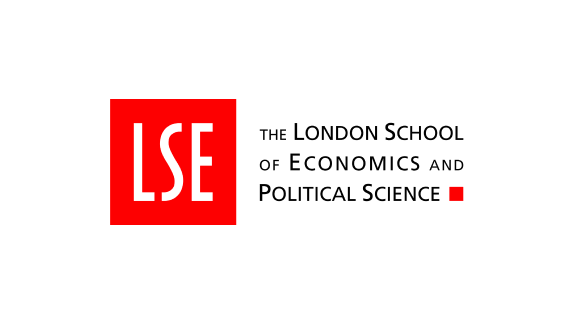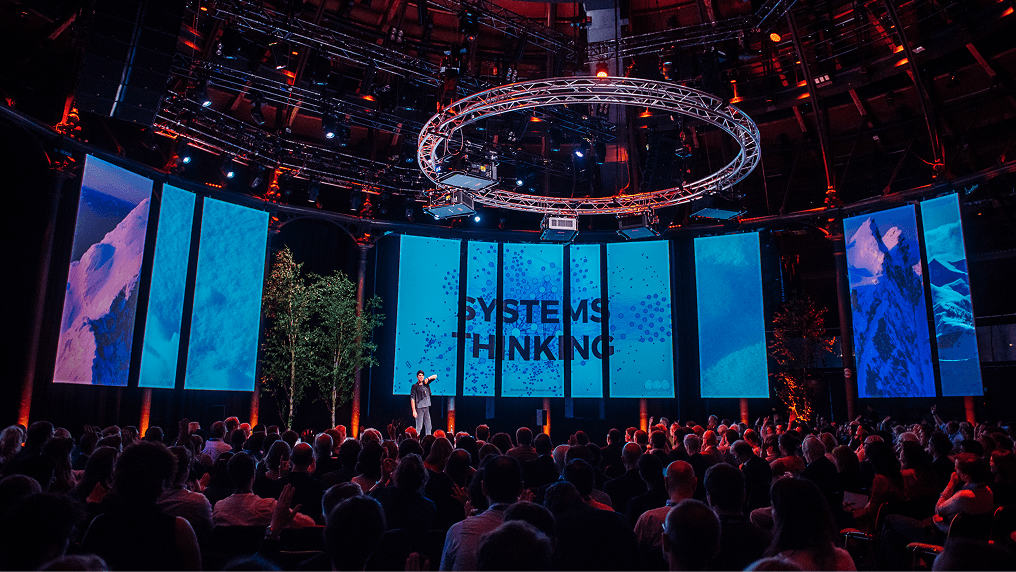
Part of our Network as a Network Partner
Institution: London School of Economics and Political Science
Location: London, UK
Focus Area: Waste and resources management, corporate social responsibility, technology adoption and innovation
Expertise: Circular Economy addressed through a variety of areas such as geography, environmental social science, behavioural psychology, international economics
Key projects
Research – LSE aspires to shape the global sustainability debate through its research. LSE academics conduct world-leading research on environmental and social issues, shaping public policy and debate through evidence-based research.
In particular, the Grantham Research Institute for Climate Change and Environment is a world-leading centre for policy-relevant research and training on climate change and the environment, bringing together international expertise on economics, finance, geography, the environment, international development and political economy.
One example of LSE’s research is the consideration of the relevance of Circular Economy principles for the Chinese economy:
Strong, sustainable and inclusive growth in a new era for China – Paper 1: challenges and ways forward Hepburn, Cameron, Stern, Nicholas, Xie, Chunping and Zenghelis, Dimitri (2020) (link).
Green chemistry and green engineering in China: drivers, policies and barriers to innovation. Matus, Kira J. M., Xiao, Xin and Zimmerman, Julie B. (2012) Journal of Cleaner Production, 32. pp. 193-203. (link)
Another notable contribution is from researchers who are part of LSE’s Department of Geography and Environment, on themes such as waste and resources management including e-waste in developing nations, corporate social responsibility, technology adoption and innovation, including work by Dr Julia Corwin and Dr Richard Perkins.
Education
LSE aspires to embed sustainability across its teaching and learning experience. LSE works to equip LSE graduates with the knowledge, understanding, critical thinking and skills needed to become citizens and leaders, empowering them to address the future challenges of society and make a positive impact in the world.
LSE’s Department of Geography and Environment specifically covers Circular EconomyCircular EconomyA systems solution framework that tackles global challenges like climate change, biodiversity loss, waste, and pollution. It is based on three principles, driven by design: eliminate waste and pollution, circulate products and materials (at their highest value), and regenerate nature. concepts as part of its Sustainable Development course which forms part of several undergraduate programmes. Dr Jason Wong, LSE Fellow in Environmental Economics, engages his students through Circular Economy lab activities using educational materials from the Ellen MacArthur Foundation. Geography students have also participated in circular economy themed competitions such as the Clean Tech Challenge.
Operations
LSE is working towards Net Zero carbon as well as reducing its direct environmental impacts. This includes the work on managing Waste & Resources on campus, which aims to reduce waste and adopt circular economy principles of resource management at LSE.
Connect with
General enquiries - Tammy Armstrong, Head of Sustainability
Academic enquiries - Dr Jason Wong, LSE Fellow in Environmental Economics
Find out more
Visit LSE’s Department of Geography and Environment webpage to explore a range of undergraduate, postgraduate, and PhD study opportunities.





